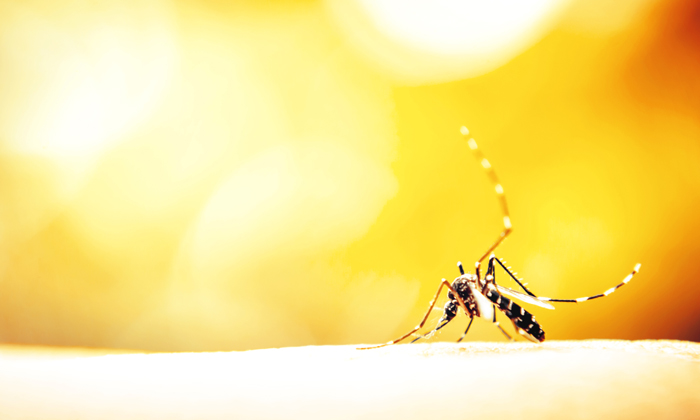Landmark Malaria vaccine pilot programme launched in Malawi
Posted: 25 April 2019 | European Pharmaceutical Review | No comments yet
The Government of Malawi has launched the world’s first malaria vaccine which will be made available to children up to two years of age.


Malaria kills 435,000 people every year and claims the life of one child every two minutes. Most of these deaths are in Africa, where more than 250,000 children die every year from the disease and children under five are at greatest risk of its life-threatening complications.
The vaccine, known as RTS,S is the first, and to date the only, vaccine that has demonstrated it can significantly reduce malaria in children. In clinical trials, the vaccine was found to prevent approximately four in 10 malaria cases.
“We have seen tremendous gains from bed nets and other measures to control malaria in the last 15 years, but progress has stalled and even reversed in some areas,” said World Health Organisation (WHO) director-general Dr Tedros Adhanom Ghebreyesus. “We need new solutions to get the malaria response back on track, and this vaccine gives us a promising tool to get there. The malaria vaccine has the potential to save tens of thousands of children’s lives.”
The vaccine programme (which will soon also be introduced in Ghana and Kenya) is designed to generate evidence to inform WHO policy recommendations on the broader use of RTS,S and will look at reductions in child deaths; vaccine uptake; and vaccine safety in the context of routine use. It aims to reach about 360,000 children per year across the three countries.
Ministries of health will determine where the vaccine will be given; primarily focussing on areas with moderate-to-high malaria transmission, where the vaccine can have the greatest impact.
“Malaria is a constant threat in the African communities where this vaccine will be given. The poorest children suffer the most and are at highest risk of death,” said Dr Matshidiso Moeti, WHO regional director for Africa. “We know the power of vaccines to prevent killer diseases and reach children, including those who may not have immediate access to the doctors, nurses and health facilities they need to save them when severe illness comes.”
The vaccine itself is a complementary malaria control tool – to be added other measures for malaria prevention, such as the routine use of insecticide-treated bed nets, indoor spraying with insecticides, and the timely use of malaria testing and treatment.
Related topics
Distribution & Logistics, Research & Development (R&D), Vaccines









